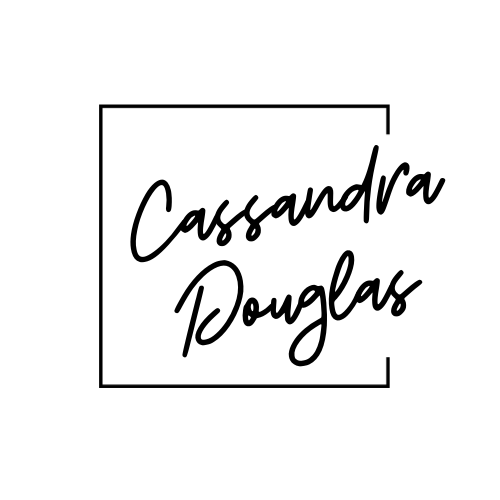Am I Too Old for Opera?
A Singer’s Reckoning with Doubt and Determination
I was listening to a lecture with Renée Fleming at the 54th Annual Symposium: Care of the Professional Voice on The Voice Foundation’s YouTube channel. I’ve admired Renée Fleming for decades and have had the honor of meeting her in person on several occasions. Her contribution to the operatic world will be remembered for generations. She has been called one of the greatest classical voices of our time, and with good reason. Her career is astonishing—something any opera singer would be beyond thrilled to achieve.
During the discussion, there was one decisive moment that pierced me to the core. Fleming spoke candidly about how “universities and colleges are taking money from young people who shouldn’t be [enrolled].” She went on to explain that “if young singers don’t get on the right track quickly, by the time they’re in their late twenties, the chances of a career decline sharply.”
Her words felt like an arrow straight to the heart of an unspoken anxiety I’ve carried for years. They gave voice to a fear I’ve only whispered to my closest singer friends: “Am I too old to have an operatic career?”
I remember vividly the first lesson I had with my college voice teacher after graduating with my undergraduate degree. The lesson was at her home, and she grew increasingly frustrated with me as I stumbled through her instructions. Each exercise fell apart until, finally, she threw up her hands in disgust and said, “Cassandra, you do not have the courage for this career! You should quit!”
I left her house feeling like a scolded dog, tail between my legs. I had just graduated, brimming with hope, only to walk away defeated. I listened to her. I quit singing. I became a yoga teacher and carried with me a poisonous belief: “I’m not good enough.” Even now, years later, the memory brings tears to my eyes because it felt like such a betrayal. I had invested my trust—and my student loan debt—into the belief that she would help me grow into a professional opera singer. Instead, I walked away convinced I was a failure.
For years, that belief shaped me. Perhaps I was one of the very students Renée Fleming was speaking about. Maybe I had been accepted into my degree program to fill a quota rather than because I truly belonged. And yet, despite that early setback, I’ve built a career. I’ve sung on both national and international stages. I’ve been paid to perform countless times, joined the American Guild of Musical Artists (AGMA), and carved out a space for myself in this art form.
Still, the doubts linger. I’ve never won a major vocal competition or been hired as a leading lady on an operatic stage. No agents are knocking on my door. Every audition feels like an act of faith in my own worth. And when I see my colleagues’ successes splashed across Instagram and Facebook, I can’t help but wonder: When will it be my turn? Was my teacher right after all?
Maybe all the doubts are true. But what is also true is this: I haven’t given up. There is a voice inside me—sometimes quiet, sometimes fiery—that says, “Fuck that negative shit! I’m valuable. I love to sing and perform.” And with that voice, I’ve built something meaningful. I sing regularly. I earn a living. I have proof that I am a performer.
I may not know what’s next, but I do know this: I’m not waiting for a Fairy Godmother agent to swoop in and hand me a career. If I want to perform, I will build the stage myself. I practice consistently. I create my own opportunities. I move forward.
Speaking of opportunities—I’m thrilled to announce that I am producing my very first opera: Gaetano Donizetti’s one-act domestic comedy Rita. For years, I’ve envisioned myself as a leading lady, and now I’ll finally get to be one! Taking on the role of impresario has been both challenging and exciting. Beyond learning the role, I’m negotiating contracts, working with conductors and directors, budgeting, scheduling rehearsals, managing artists, securing performance spaces, and shaping marketing strategies. I’ve stepped into being both a businesswoman and performer.
My career doesn’t look like anyone else’s—and maybe that’s okay. Maybe I’m not “good enough” by traditional standards. Or maybe I am enough, and this is what music-making looks like for me.
I hold fast to one belief: God gave me this voice for a reason. And when my time comes, I hope to hear Him say, “Well done, Cassandra. Well done.”
🎶✨
